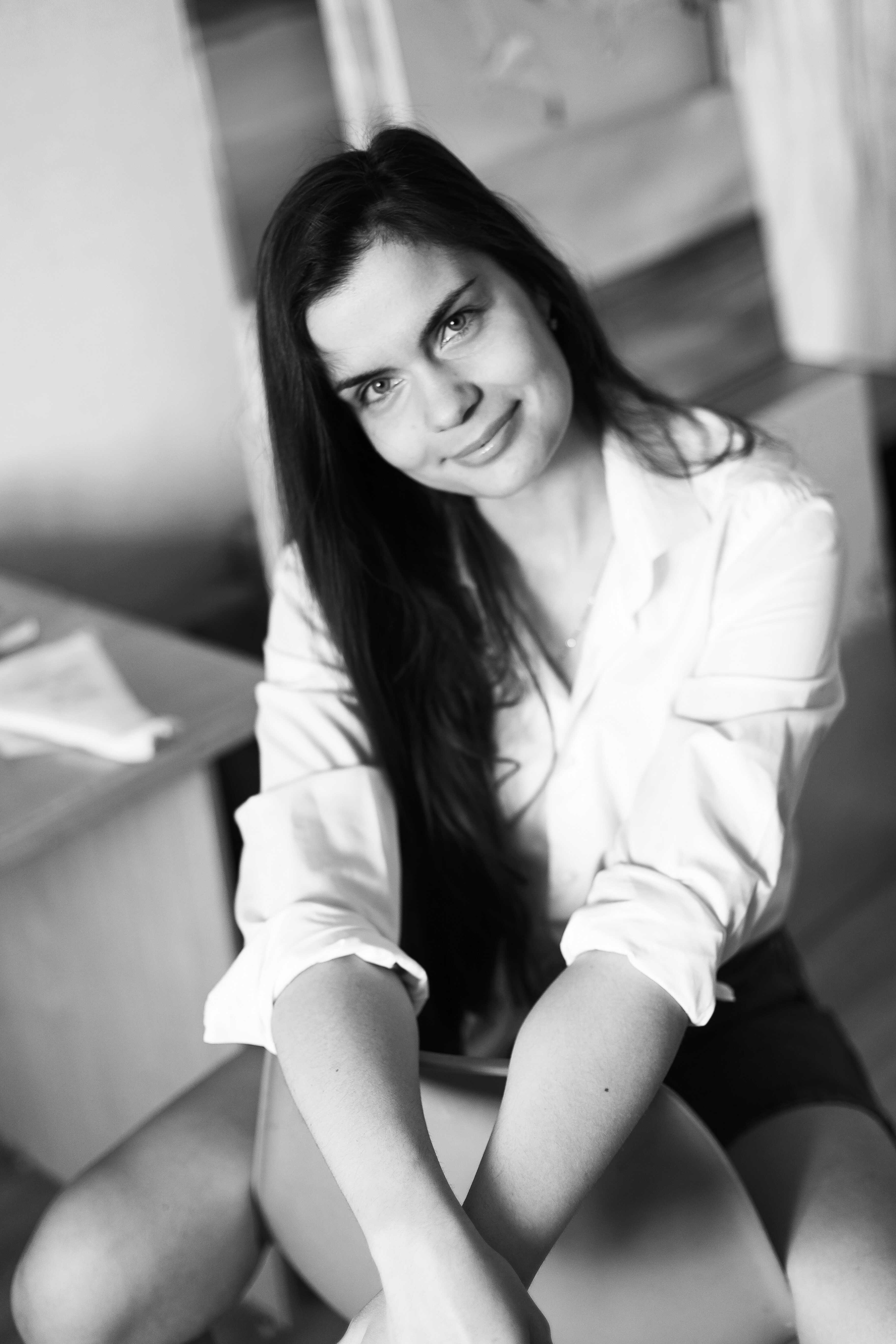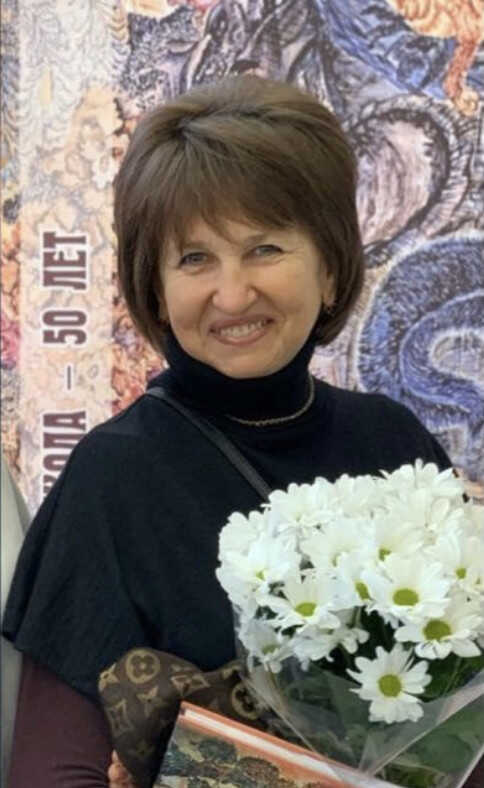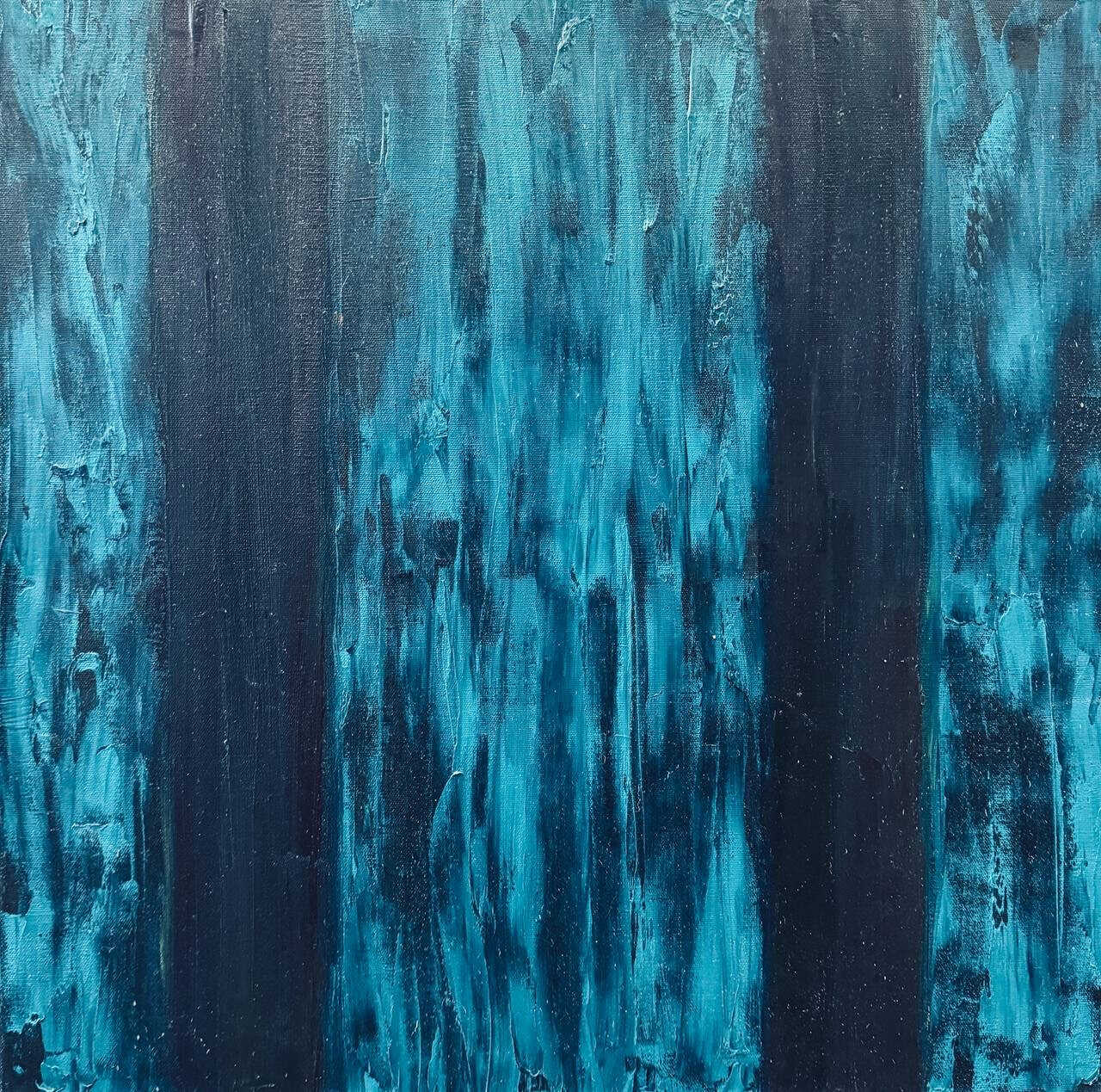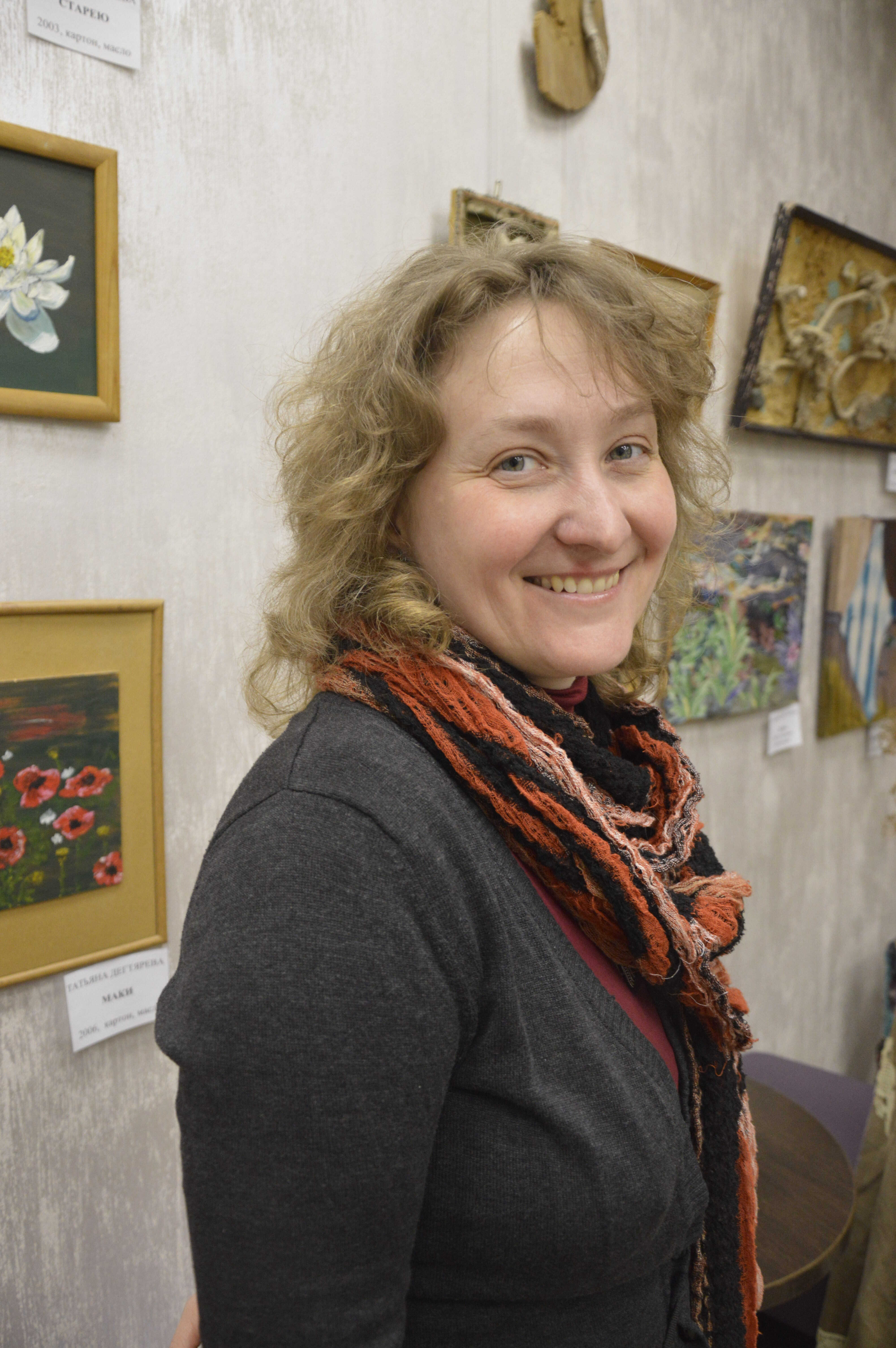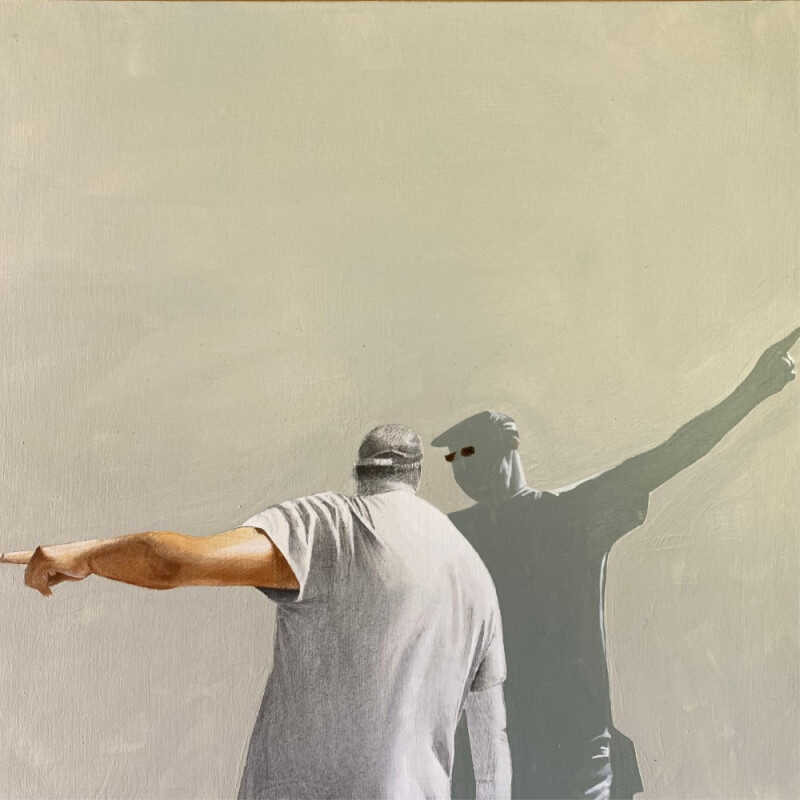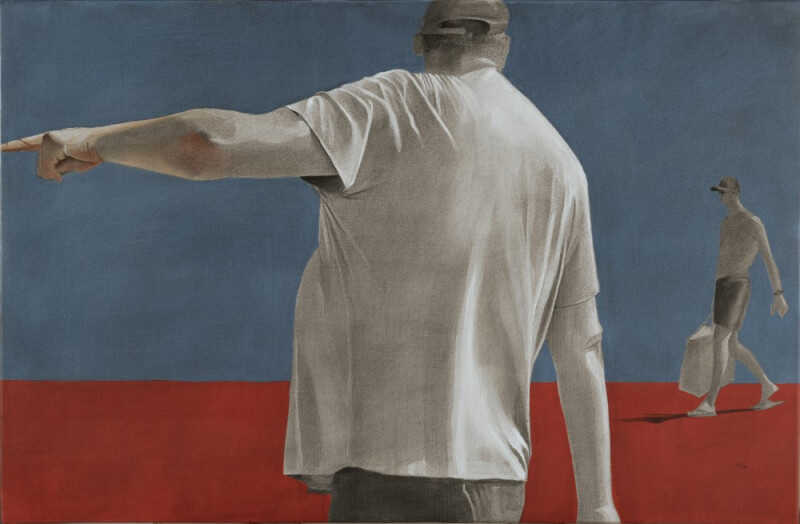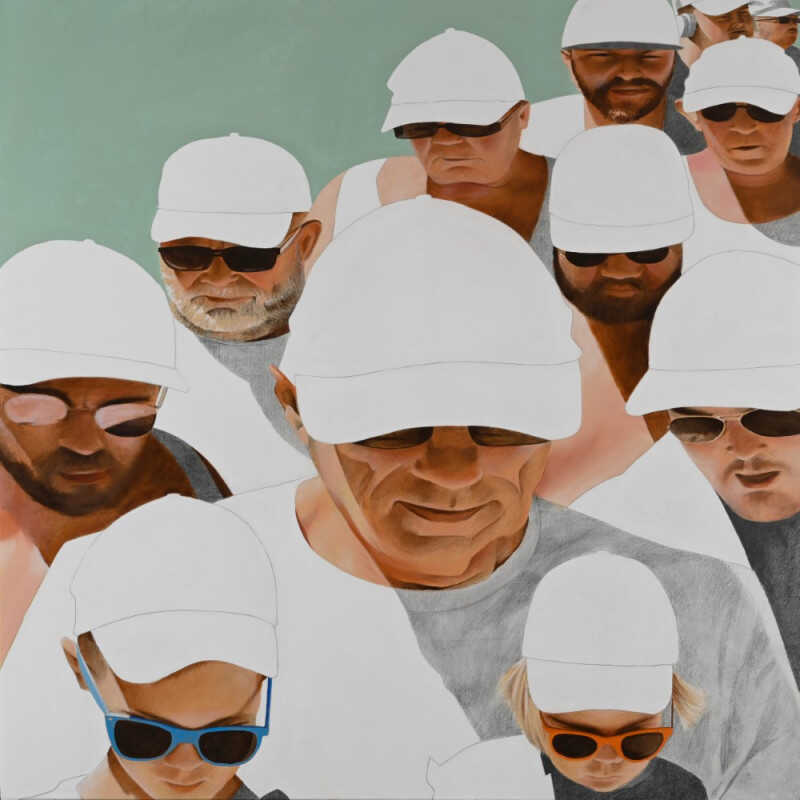 Онлайн-галерея российских художников
Онлайн-галерея российских художников ArtHall
ArtHall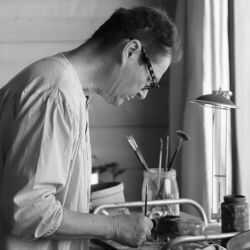
- Фредерик Блеймон
Концепция творчества
Фредерик Блеймон написал свою первую картину маслом в возрасте 10 лет. В 18 лет он получил первую профессиональную степень в области живописи и декорирования. В 1966 году после подготовки в ателье Met в Пеннингене он поступил в Высшую школу декоративного искусства Парижа. Затем, следуя совету одного из своих выдающихся учителей, Жана Пикара Леду, он присоединился к Bale Kunstvewerbeschule, школе, находящейся под влиянием Баухауса. Фредерик Блеймон живет и работает в Ландах. Он начал свою профессиональную карьеру в 70-х годах в рекламе и преподавании графики. Фредерик Блеймон является членом Фонда Тейлора и выставляется в ряде галерей во Франции и за рубежом. У него острые глаза большого хищника. В поисках того, что могло быть его добычей, инкогнито, случайно, он бросает на своих современников взгляд, полный зависти, злобы, мудрости, иронии. Не задумываясь, он запечатлевает их не как карикатурист (он не преувеличивает их), но как свидетель своего времени, помня лишь о сиюминутной правде, доставляя ее без прикрас своим зрителям, жаждущим необычных образов. Его картины показывают точность, которая каждый раз попадает в цель, угол, который захватывает человека в его уникальности, подчеркивая наши отношения с телом, отношениями, которыми наша западная цивилизация не может действительно гордиться. На этих картинах явно очевидны разрушительные последствия нездоровой пищи или переедания. Каждый из нас уже пересекался с моделями Фредерика Блеймона, этими средними парами, трагическое присутствие которых мы должны признать, как бы тяжело это ни было.Мир странный, необычный, порой гротескный, это непрестанно подчеркивает художник.Он работает репортером из прошлых лет, когда скорость еще не захватила мир средств массовой информации, как, например, Альберт Лондрес, репортер-расследователь, который мог погружаться в предмет, пока не извлечет его глубочайшую реальность. Его работы позволят вам неспешно критиковать предполагаемую расплывчатость, недостатки и насмешки современного мира. Одно из качеств его работ - возможность познать мир во всей его сложности. В творчестве Фредерика Блеймона мы находим настоящую эстетическую и пластическую потребность, в которой мы должны подчеркнуть смелость: яркие цвета, простой фон, иногда нарисованные силуэты, монохромная игра придают дополнительную дозу поэзии.
